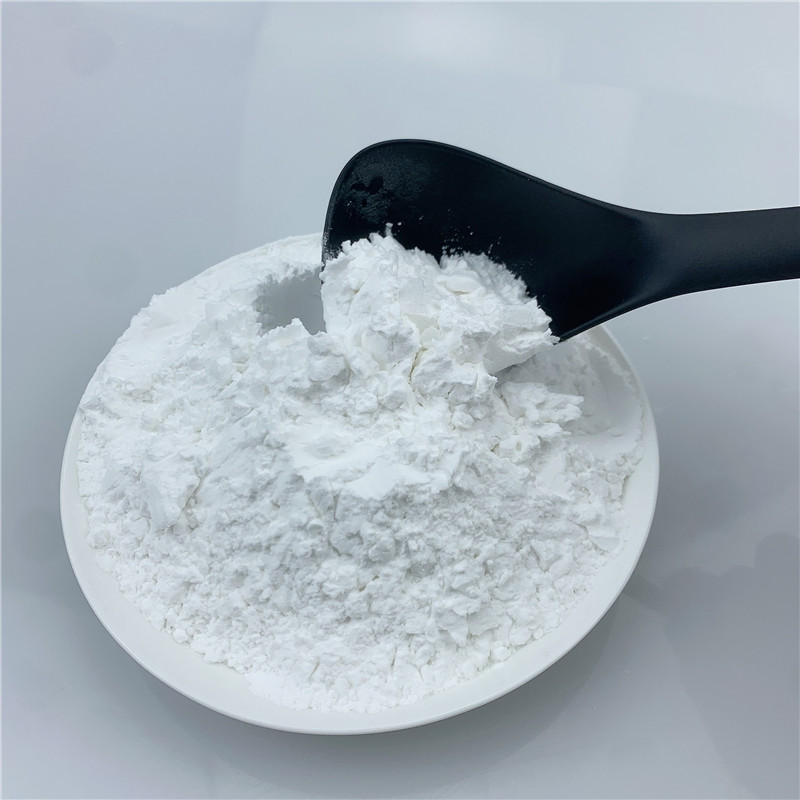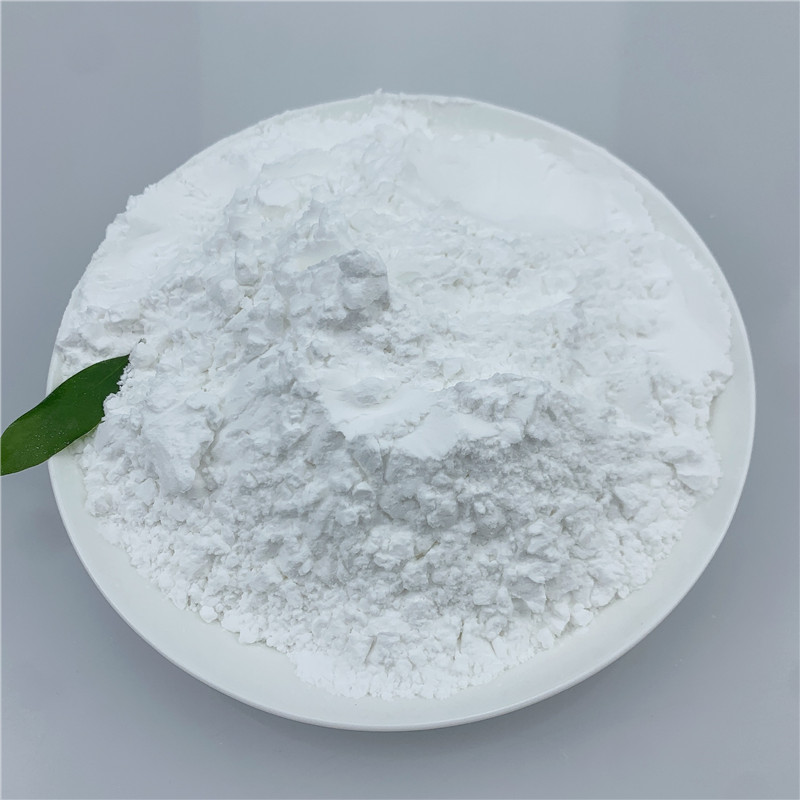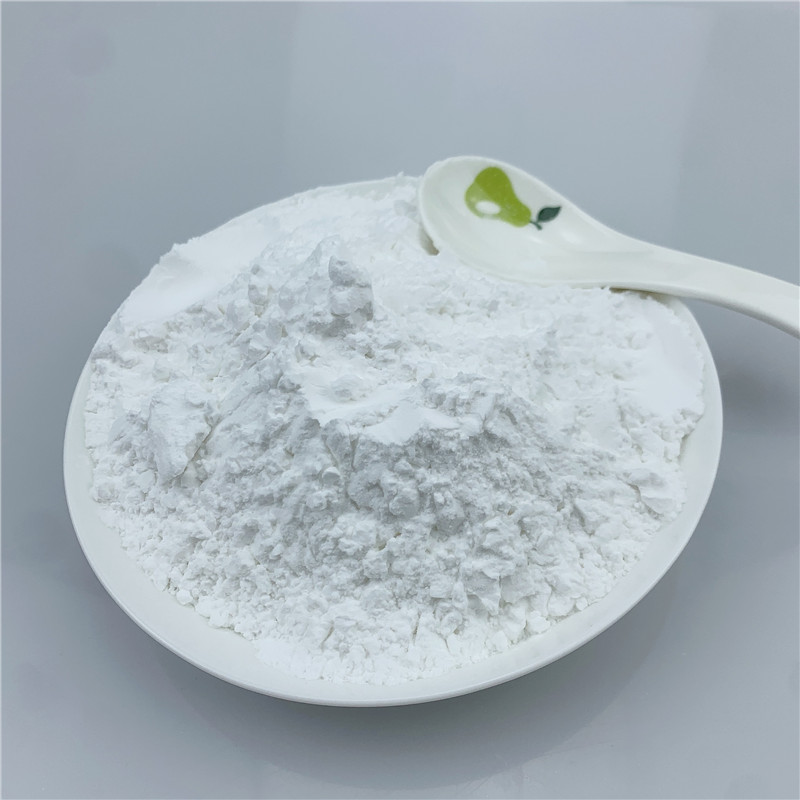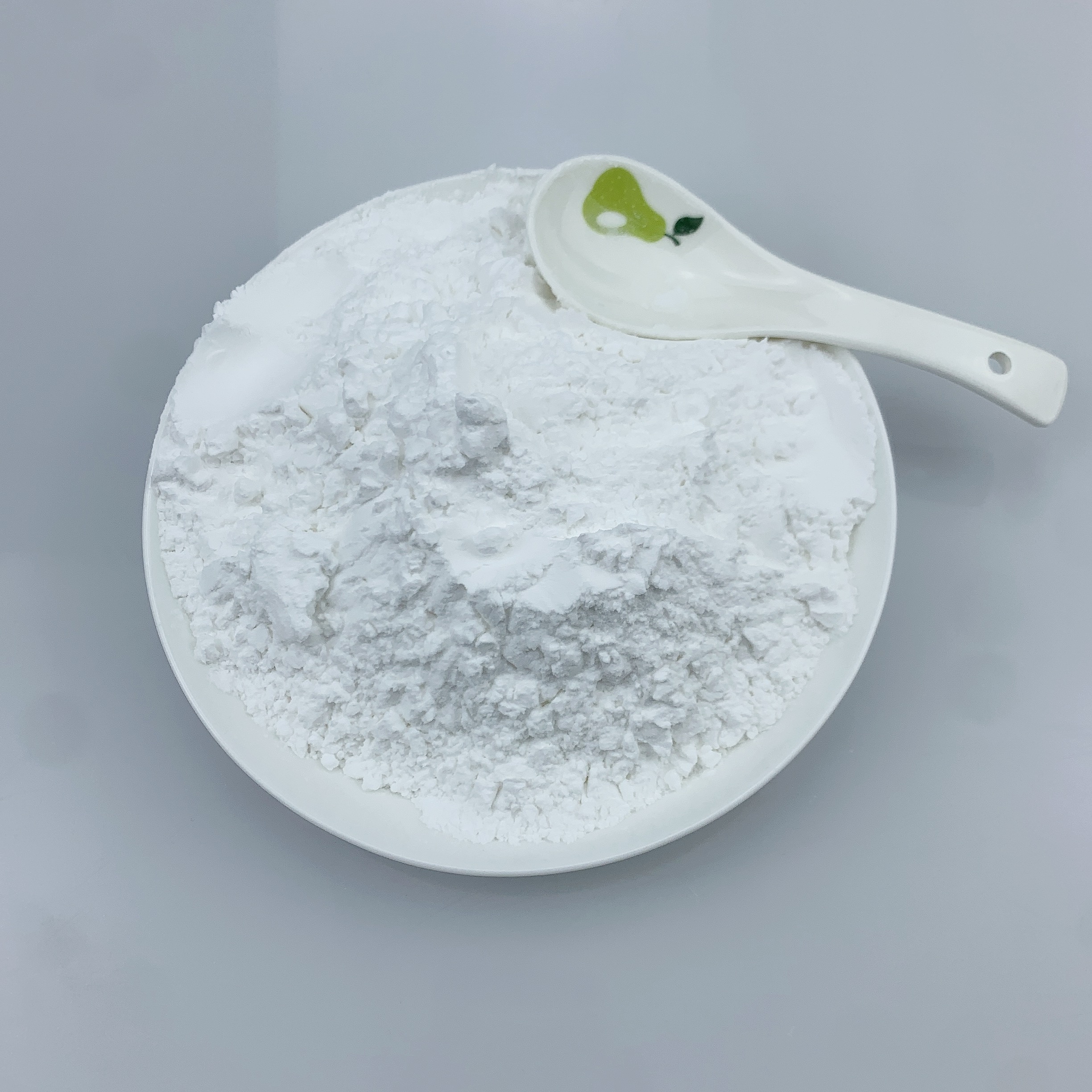High Purity Pharma API CAS14769-73-4 Hydrochloride Levamisole Base
Wickr/Telegram : Daisey521
Whatsapp : 008618034511316
Skype: live:.cid.93f1bd48473d87a8
Email: saleroom@yeah.net
Basic Information

Definition
A 6-phenyl-2,3,5,6-tetrahydroimidazo[2,1-b][1,3]thiazole that has S configuration. It is used (generally as the monohydrochloride salt) to treat parasitic worm infections in pigs, sheep and cattle and was formerly used in huma s as an adjuvant to chemotherapy for the treatment of various cancers. It is also widely used as an adulterant to coccaine.
Indications
Levamisole (Ergamisol) is an antiparasitic drug that has been found to enhance T-cell function and cellular immunity. The drug improves survival of patients with resected colorectal cancers when combined with 5-fluorouracil; the mechanism of this interaction is not known. Levamisole does not have antitumor activity against established or metastatic cancer and has not been found useful in the adjuvant therapy of cancers other than colorectal cancer.
The major adverse effects of levamisole are nausea and anorexia. Skin rashes, itching, flulike symptoms, and fevers also have been observed.
Indications
Levamisole (Ergamisol) was originally developed as an antihelminthic drug. It potentiates the stimulatory effects of antigens, mitogens, lymphokines, and chemotactic factors on lymphocytes, granulocytes, and macrophages. It has been shown to increase T cell–mediated immunity.
Levamisole has been used successfully in treating chronic infections. It also has been approved for use in combination with fluorouracil in the treatment of colorectal cancer.



Usage
Uses Biological response modifier.
Uses Levamisole is used for initial and secondary immunodeficient conditions, autoimmune diseases, chronic and reoccurring infections, large intestine adenocarcinoma, helmintosis, and rheumatoid arthritis. Synonyms of this drug are decaris, tetramizole, and others.
Levimasole is also a drug of choice for ascardiasis. Numerous investigations show that a single dose of levamisole heals from 90 to 100% of patients with ascardiasis, in particular those infected with A. duodenale. It is less effective against ancylostomiasis and strongyloidiasis. However, it is not effective against N. americanus. It seems likely that it has a gangliostimulating effect on parasite tissues in both the parasympathetic and sympathetic regions. Moreover, it is presumed that this drug has an immunomodulatory effect on the host organism. Synonyms of this drug are decaris, solacil, ergamisol, tramisol, immunol, and others.
Clinical Use
Ascariasis Hookworm infection
Levamisole has been used in rheumatoid arthritis and some other conditions that are said to respond to its immunomodulatory activity.
Therapeutic Function
Antiinflammatory
Antimicrobial activity
Its principal activity is against Asc. lumbricoides and hookworms. Worms are paralyzed and passed out in the feces within a few hours.
Pharmaceutical Applications
The l-isomer of tetramisole, available as the monohydrochloride. The d-isomer has no anthelmintic activity. It is very soluble in water and is stable in the dry state.
Mechanism of action
Levamisole has immunomodulating activity. It is believed that it regulates cellular mechanisms of the immune system, and the mechanism of its action may be associated with activation and proliferative growth of T-lymphocytes, increased numbers of monocytes and activation of macrophages, and also with increased activity and hemotaxis of neutrophylic granulocytes. Levamisole also exhibits anthelmint action. It also increases the body’s overall resistivity and restores altered T-lymphocyte and phagocyte function. It can also fulfill an immunomodulatory function by strengthening the weak reaction of cellular immunity, weakening strong reaction, and having no effect on normal reaction.









